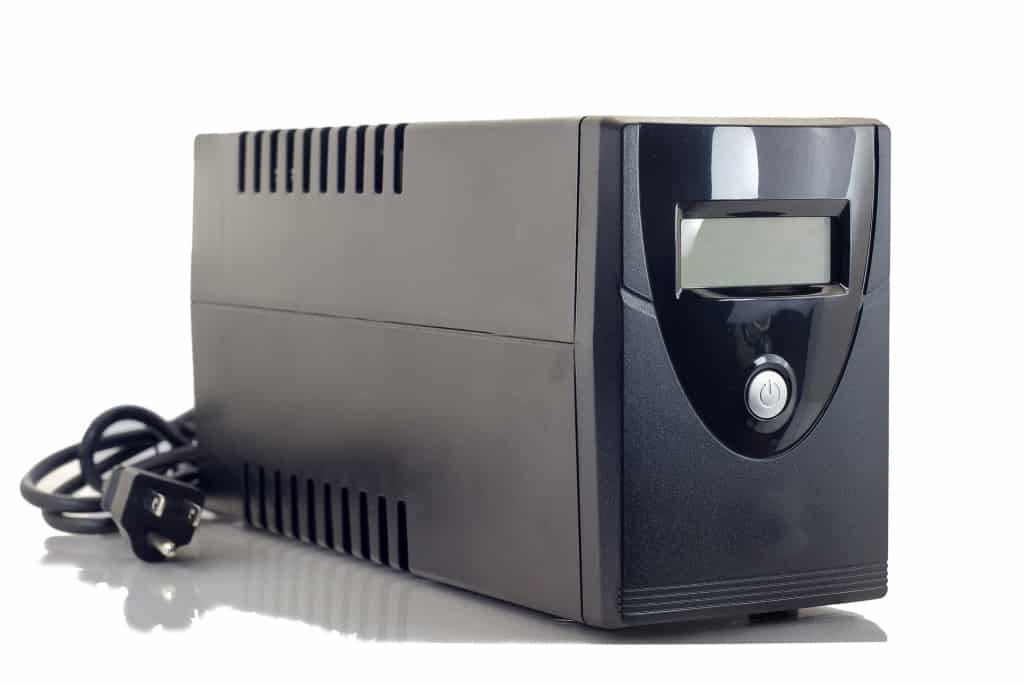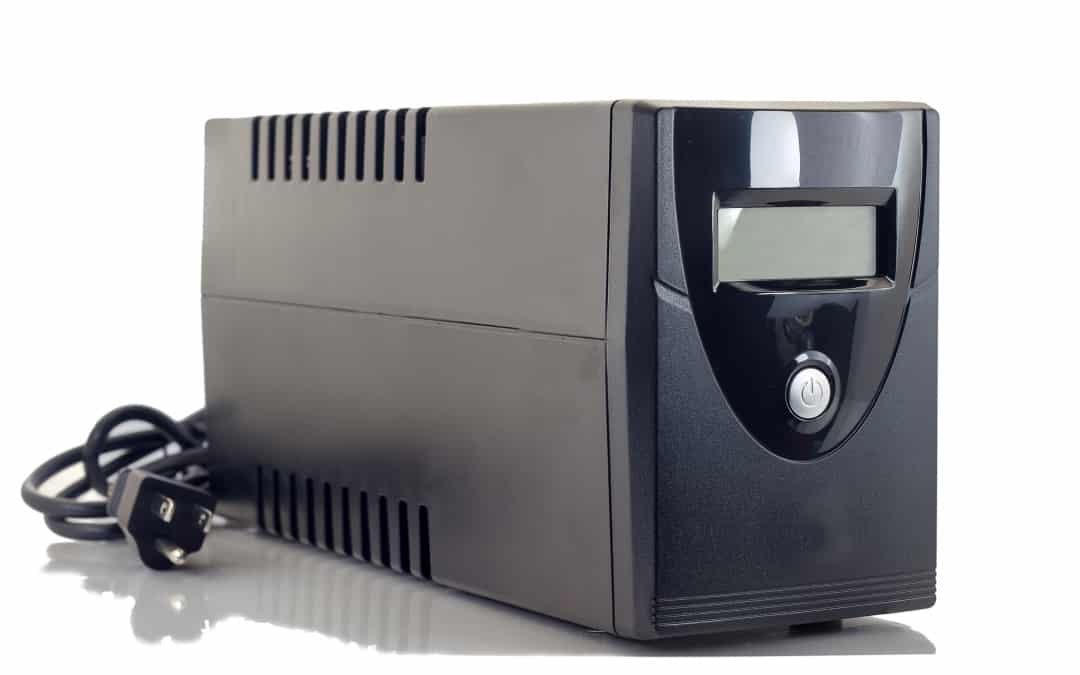
Question: Do I really need a UPS?
Answer: Only if you value your data.
Question: Isn’t a surge protector good enough?
Answer: Probably not
Question: Yeah but it’s a really good one!
Answer: It really doesn’t matter and here’s why…..
A surge protector is a device that filters out high voltage surges on your electrical service. Most work on the simple principle that when the voltage gets too high, it actuates a mechanism that trips the circuit thus shutting off the power supply and protecting your valuable electronic equipment.
These range in price from a couple dollars at Walmart to $100+ at stores like Best Buy. And while they may wow you with high numbers about how many Jules they protect against they are pretty much all the same thing, the expensive ones just have a few more bells and whistles. In fact recent studies have found that even the most expensive offer little more protection than your typical $5 piece of Walmart junk.
There is another type of surge protector known as a TVSS (Transient Voltage Surge Suppressor) that does offer better protection and is vastly more expensive, you might see these wired into the electrical panels of server rooms. But even these don’t offer full protection for your computer. Here’s why…..
The most devastating power related issue to your hard drive (your data) isn’t power surges. It is true that a good lightning storm can sometimes destroy a few hard drives, however it’s not as common as you might think. Your computer’s power supply is generally pretty good at filtering out those spikes. It’s actually more common that your power supply itself goes bad and fries a drive (which neither a surge protector nor a UPS can protect against).
Since ~2000 hard drive manufactures began installing TVS diodes on hard drive PCB’s to protect against these types of power spikes. Other drives began using sensitive 0 Ohm resistors that easily burn out to limit the damage caused to the drive. While the drive may stop functioning after such an event the data is rarely damaged, and it’s often just a matter of a quick PCB repair to get your files back. At our lab this type of repair only costs $400-500. – Data Recovery Prices
Power outages on the other hand can severely damage the data area of your drive. Generally when your utility goes down it’s not a smooth instant blackout. First the power goes out for a couple seconds, then back on, then it flickers a few times, and finally goes out completely. When it get’s restored the same process happens again just in the reverse order. When this rapid on-off-on-off happens it causes your drive to go haywire internally.
Normally when a drive loses power, such as when you unplug it, it has just enough energy left from the rotating platters to seat the heads back to their resting position. However with rapid cycling of the power, sometimes they don’t make it and they get stuck to the platters. This inevitably causes some destruction of data. In a lab such as ours here in Rhode Island we can usually still get back most of your files, but you may lose a considerable chunk, and occasionally all of it. Also the price of recovery tends to be much higher and take much longer.
Fortunately that’s where a UPS may keep the data recovery man away. A UPS works on a much different principle than a surge protector. On a surge protector the power you are running on is directly comping from the power company until it trips, making it susceptible to rapid power cycling. However a UPS is different.
When connected to a UPS you’re not actually connected to the grid. Your computer is actually always running off of the battery which is separately being charged from the power grid. Not only does this provide much better protection against surges (because the batter absorbs them), but you also are protected from rapid power cycling. And even when the battery goes dead, your computer will get a smooth, single, power shutoff that won’t cause your drive to fail.
Even if you never setup the feature to auto-shutdown your computer before the battery runs out, it’s still 100x more protection than a surge protector. At least as far as data recovery issues are concerned that is.
Summary: Do I really need a UPS for my computer? Answer: YES! Cough up the $100 bucks and get at least a small UPS, cuz if you have to come see me (the data recovery man) it’s gonna cost you more.













